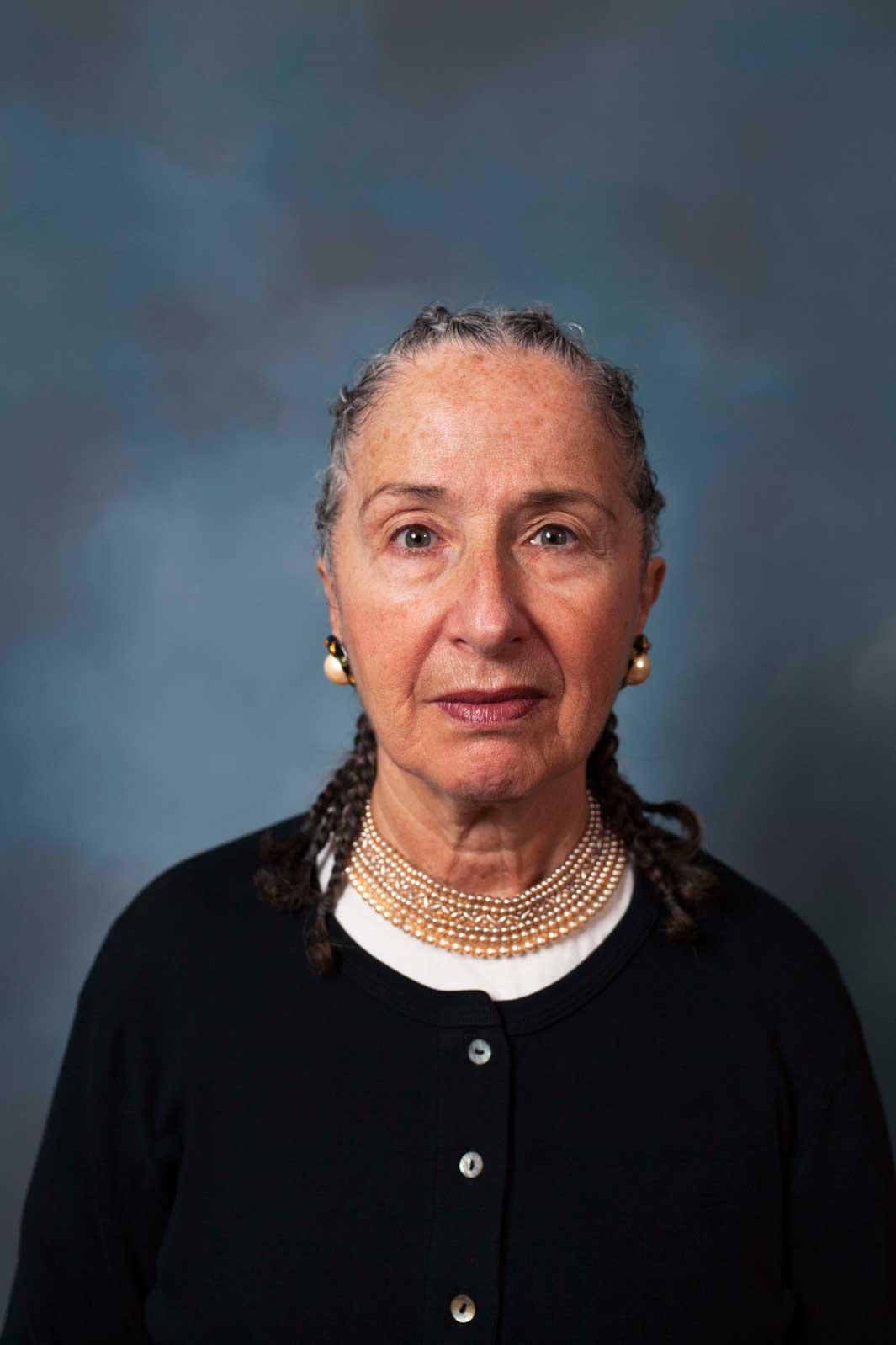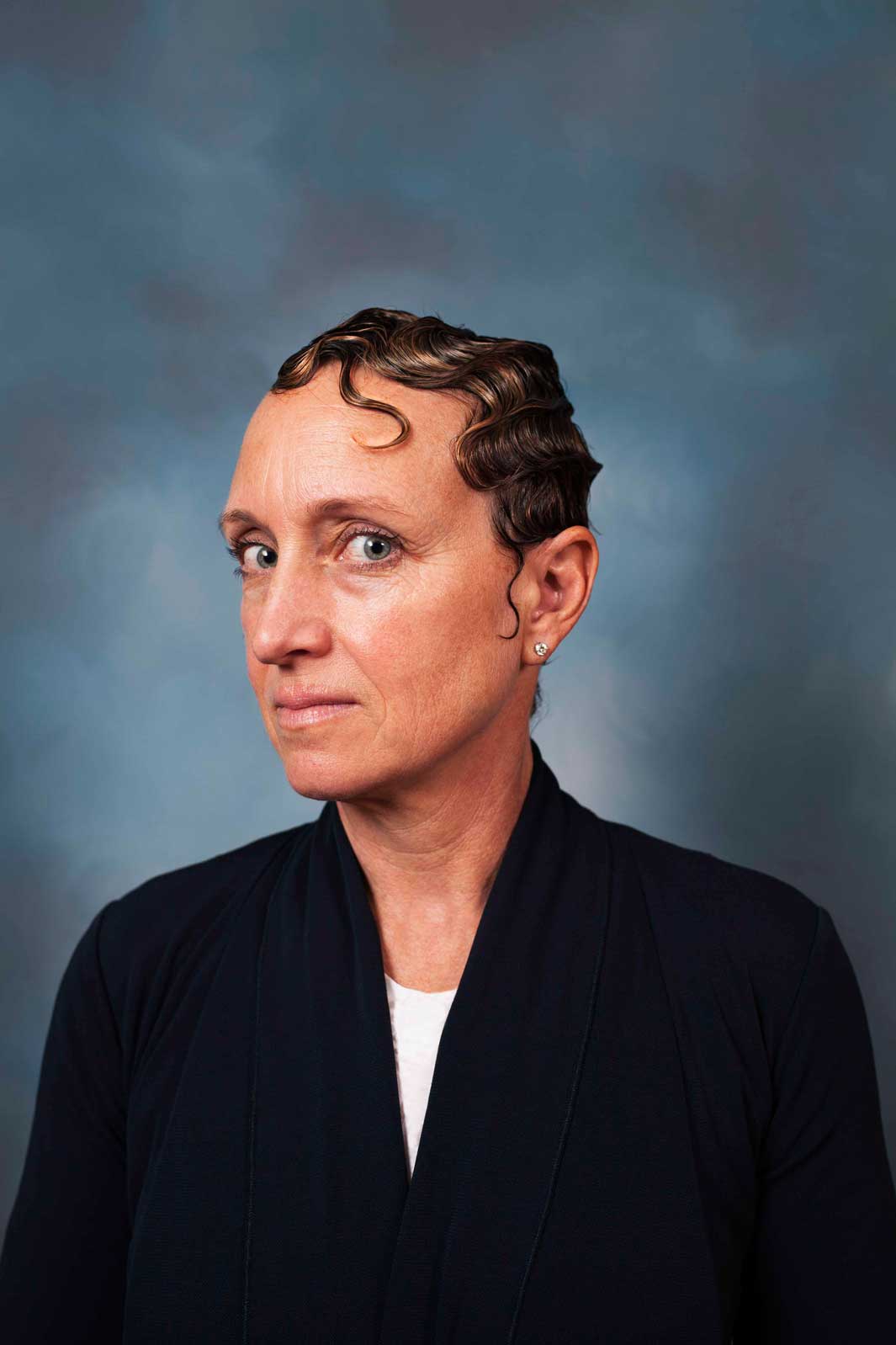And da purpose of dis shyt iiissssss?... 
By
David Rosenberg
It almost sounds like the opening line to a joke: A young black woman takes a bunch of middle-aged white women who she doesn’t know in Woodstock, N.Y., to a black salon, gives them a new “black” hairdo, and then takes their portrait.
Although photographer
Endia Beal laughs freely while discussing “
Can I Touch It?” the point of the series that she worked on this summer during a five-week residency with the
Center for Photography at Woodstock isn’t about getting laughs.
The rules were simple: After getting their new styles, the women had to agree to be photographed in a traditional corporate portrait, even if they weren’t happy with the result.
Beal decided not to give the women an option of choosing a style. “I said, ‘I am going to give you a black hairstyle,’ and they were like, ‘You’re going to give me cornrows?’ ” Beal recalled of her conversations with her subjects. “And I said, ‘No, we’re going to do finger waves.’ ‘Finger waves? What’s that? You mean from the ’20s?’ And I said, ‘These are a little bit different type of finger waves!’ ”
Beal specifically chose women who were at least in their 40s, but she tried mostly for baby boomers. “I wanted people that had a certain idea of what you’re supposed to look like in the workspace, because it would be a challenge for them to understand what I experienced in that space,” she said. “And to a degree, many young white women have shared that experience, but for older white women it’s an experience they haven’t necessarily had.”
Although the project has a quirky sense of humor, Beal is an artist looking to open a dialogue among people of different gender, race, and generations about the ways in which we express ourselves, specifically in a corporate environment.
Some of these ideas first came to Beal while she was interning in the IT department at Yale while she was there getting her M.F.A. in photography. Beal is tall and black, and at the time she was sporting a large red afro that stood out among her colleagues, who were mostly shorter white males. One colleague told her about a rumor circulating around the office that many of the men were curious about her hair and wanted to touch it.







 Im not sure if its the fact thyre white with them haircuts or the haircuts themselves
Im not sure if its the fact thyre white with them haircuts or the haircuts themselves




